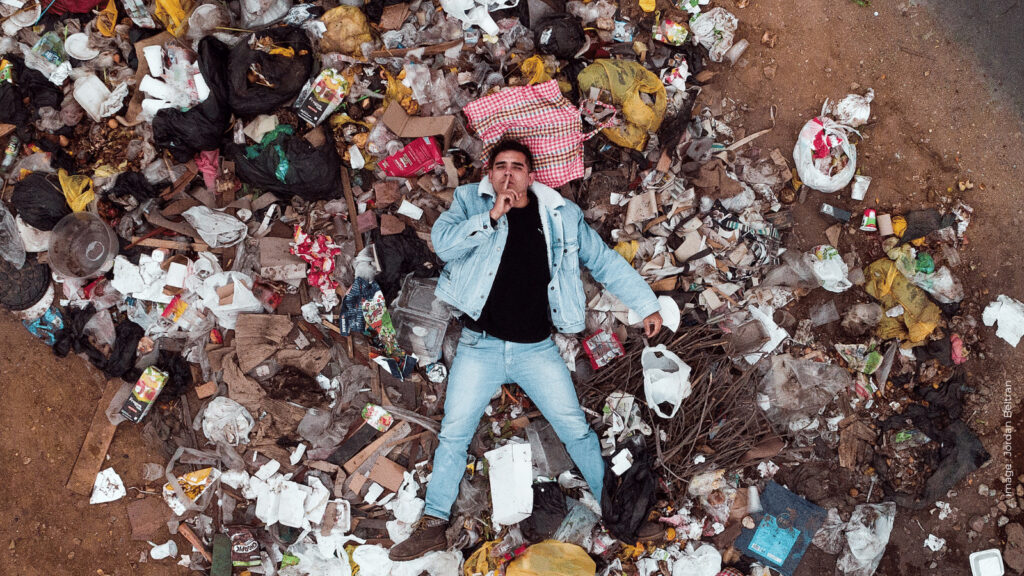As the countdown to January 1 approaches, the Thai government has notified importers that they have until December 31 to clear pending shipments.
BANGKOK, Dec. 2024 — Thailand is set to enforce a groundbreaking ban on the import of plastic waste starting January 1, 2025, signaling a decisive move to protect public health and the environment. Approved by the Cabinet earlier this month, the law will make Thailand one of the leaders in Southeast Asia in combating the transboundary movement of plastic waste—a practice critics have termed “waste colonialism.”
RELEVANT SUSTAINABLE GOALS


The ban, proposed by the Natural Resources and Environment Ministry and published in the Royal Gazette on December 16, prohibits all imports of plastic scraps, previously allowed under specific conditions outlined in Thailand’s Tariff Schedule. This landmark policy reflects the country’s commitment to sustainable practices under its Bio-Circular-Green (BCG) economy model and aims to strengthen domestic recycling efforts.
The Shift from Import Dependence to Domestic Recycling
Until now, Thailand’s industrial factories were permitted to import plastic scraps when local supplies were deemed insufficient. With the amendment to the law, this exception has been removed, pushing industries to rely on domestic recycling.
“The ban on imports will help stimulate plastic recycling in Thailand, ensuring more efficient resource usage and reducing the amount of unused plastic waste,” said Ms. Arada Fuangtong, Director-General of the Department of Foreign Trade. “This will also help reduce pollution that could impact the environment and public health.”
By focusing on domestic waste, Thailand aims to address one of its most pressing environmental challenges—inefficient waste management—while also reducing the country’s role as a dumping ground for foreign plastic scraps.
A History of Loopholes and Enforcement Challenges
While the ban has been lauded as a significant step forward, environmental advocates caution that effective enforcement will be key. Thailand has faced difficulties in the past with similar bans, such as those on electronic waste imports, which have often been circumvented through illegal channels.
“This is a great step forward for Thailand, but there is more work to be done,” said Punyathorn Jeungsmarn, a plastics campaign researcher at the Environmental Justice Foundation (EJF). “The government must ensure its enforcement and implementation by fostering cooperation among industrial, environmental, and customs agencies. Without such a framework, the risk of illicit imports remains.”
Critics have also pointed to gaps in the current policy. While the ban covers waste classified under custom code 39.15, there are concerns about other codes that could be exploited for false declarations.
“The government should assess current custom codes to identify those with a high risk of plastic contamination or false declaration and consider expanding the scope of the ban,” said Pichmol Rugrod, Plastics-Free Future Project Leader at Greenpeace Thailand.
Thailand’s move positions it as a regional leader in the fight against waste colonialism, a practice in which wealthy nations export their waste to developing countries under the guise of recycling. Environmental advocates have called on Thailand to use this momentum to advocate for broader regional and global measures.
“Thailand should take this opportunity to lead the region in pushing for strong controls on the transboundary movement and trade of plastic waste,” said Penchom Saetang, Director of Ecological Alert and Recovery – Thailand (EARTH).
Moreover, Thailand’s role in the ongoing global plastics treaty negotiations has been highlighted as a key avenue for addressing the root cause of the issue: the exporting countries. Advocates argue that by tackling plastic waste at its source, the burden on destination and transit countries can be significantly reduced.



